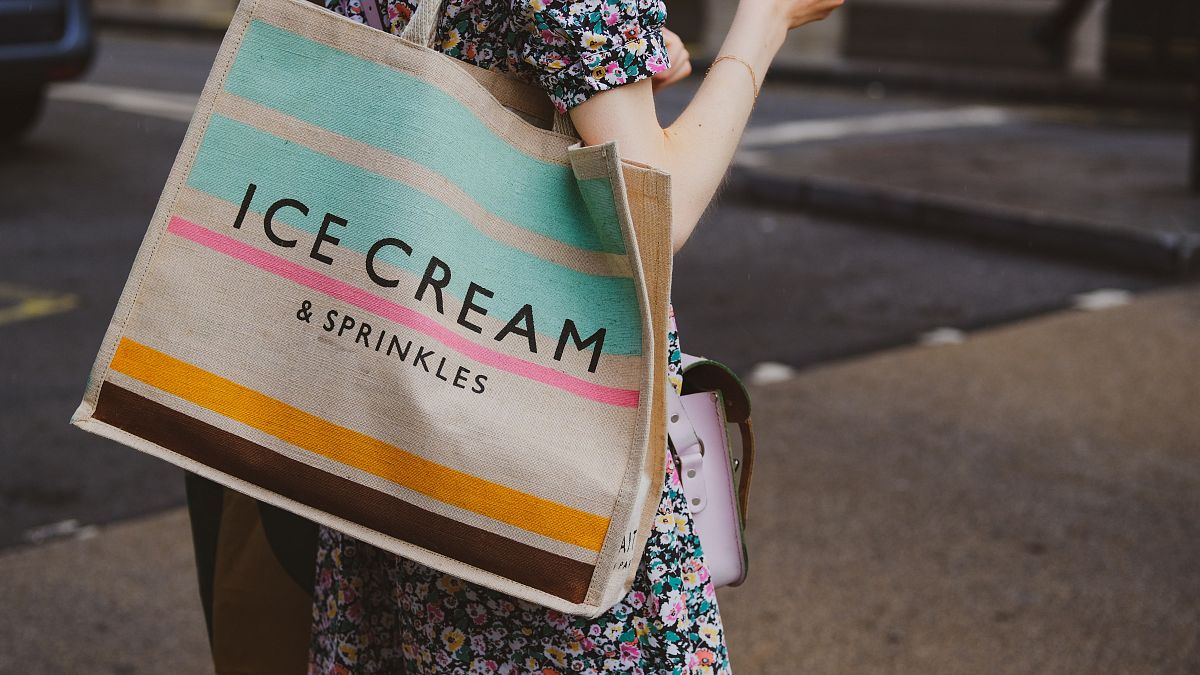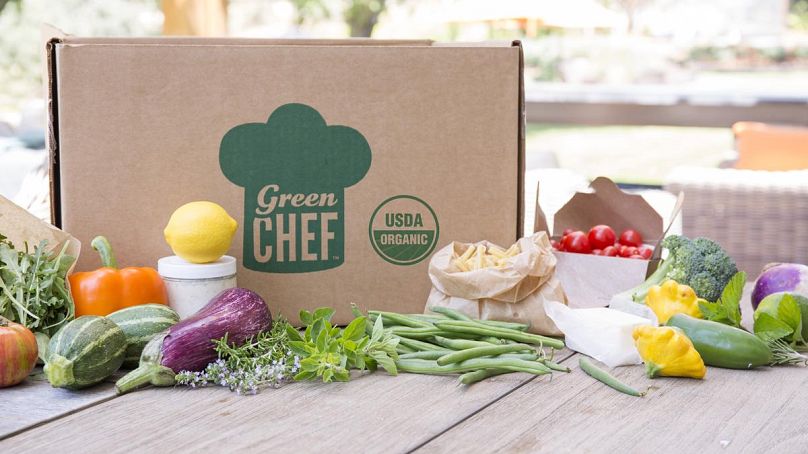Eco-friendly bags aren’t necessarily as good for the planet as we all think, new research suggests.
In the fight against climate change, we all hope that the small, considered actions we take to be more sustainable, will eventually pay off. We buy less plastic, we change our travel plans to reduce emissions, and we bring reusable bags everywhere.
But, what happens when, despite our best intentions, our efforts to reduce plastic waste fail to pay off?
Unfortunately, this seems to be a growing issue, as new research suggests that the reusable bags once touted as key sustainable resources are in fact doing more harm than good.
Shelie Miller, a professor of sustainable systems at the University of Michigan, has recently highlighted the moral duality of sustainability in so-called ‘sustainable products’ such as tote bags and plastic ‘bags for life’.
“We know that consumers like them,” explains Miller, “we know that they want to reuse them.” However, it’s important to consider these products are used enough times to justify their creation.
In fact, further research by Miller highlights that the most unsustainable element isn’t the packaging, but the actual items being transported.
What are retailers doing to stop the use of unsustainable bags for life?
With research like this in mind, forward-thinking supermarkets and retail outlets are beginning to change the tide on plastic reusable bags.
British supermarket chain the Co-Op recently choosing to remove bags for life from sale in all 2,600 stores. Instead, stores will be offering compostable bags, with a €0.15 charge attached.
However, with many reusable mass-produced bags for life still in circulation elsewhere, questions remain over how these bags will recoup any sustainable element, and whether they will continually be reused and therefore justify their production.
Where should our focus be in becoming a sustainable society?
It seems that, in order to truly recoup the environmental cost of reusable bags, we need to target all plastics, including ones related to food consumption and waste.
But understanding which systems of food consumption are the most and least wasteful can be a slippery slope.
In 2019, Miller and colleagues found that meal kits, even with all their packaging, produced less waste as users were throwing away less food compared to when they made food from their own groceries.
Green Chef, for instance, is an example of a meal kit brand specialising in sustainable menus, with the aim of reducing food waste. The company even goes a step further, off-setting 100 per cent of its operational carbon emissions and any plastic used in the boxes.
Overall, plastic waste remains a complex issue, with individuals struggling to control what is beyond their control in their attempts to contribute to sustainable practices.
Miller and her team are aware, however, that this goes beyond the individual.
“Solid waste that we generate in our households is really just the tip of the iceberg,” she explains.
“Continuing to push for change on a societal level to ensure everyone has access to food and that big corporate polluters are held to account is also an important part of becoming a sustainable society”.




